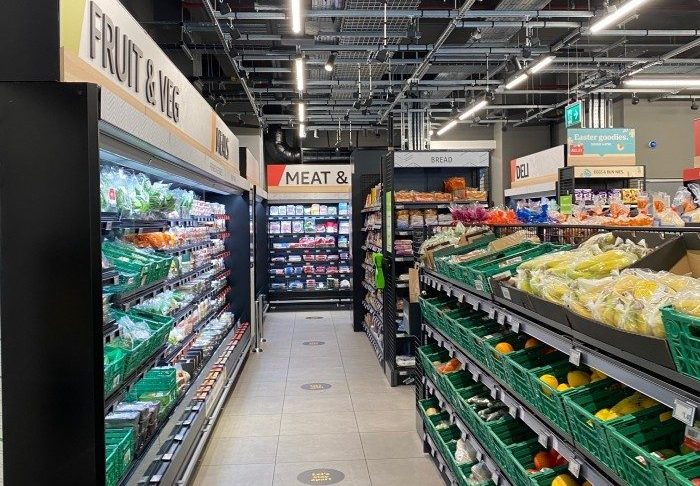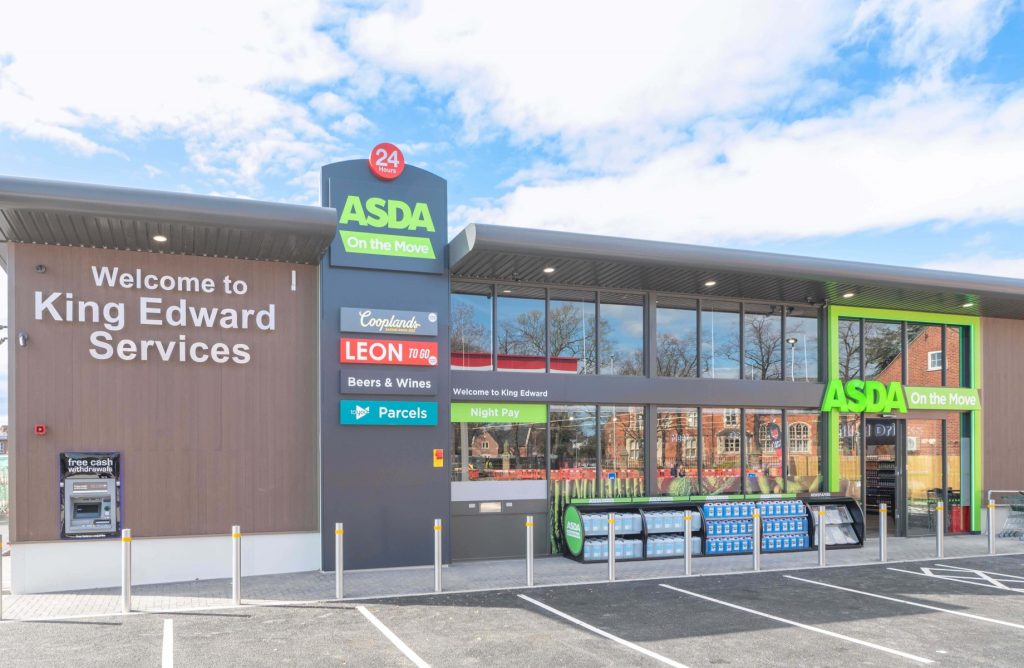The government is now offering an excellent opportunity for young people to develop their careers in retail by undertaking a traineeship.
This scheme includes a work placement, work preparation training, English and maths tuition, on-the-job training with the employer and under some circumstances a vocational “taster”. The programme is aimed at those who aren’t quite work-ready but who wish to take an alternate route to sixth form or college.
We are a nation of shoppers and the retail industry offers a good career path within the broader service sector in the UK. From high street shops to independent retailers, to online shopping and retail outlets, the industry is continually on the lookout for the stars of tomorrow – those who can service the demands of consumers and are willing to make a name for themselves.
A traineeship in retail provides 16–24 year olds with their very first step onto the career ladder in a structured and flexible way. The options are plentiful: from local convenience stores to supermarkets, to DIY megastores and multinational clothing retailers; there is a working environment for everyone. Traineeships can last between six weeks and six months but the average is around three months.
The traineeship programme lends itself well to the retail sector. It’s a good fit as part of recruitment strategies, long term succession planning and provides the first step in what can be a varied career that isn’t only about frontline customer-facing roles. The retail infrastructure offers diversity in areas such as buying, IT, HR, finance and logistics to name but a few. Retail is a profession that wants to attract the young people of today to be the experts and managers of tomorrow. Work ethic, customer-centric and transferable skills are at the core of the industry and can all start with a traineeship.
A key aspect of traineeships is they allow young people to “try before they buy” while training in an area of their choice, gaining valuable practical work experience and increasing self-confidence. This allows individuals to work out at their own pace if it’s the correct career, rather than agreeing to a role when they didn’t really consider all that would be involved. The same is true for employers – it enables businesses to build a rapport with potential employees and make sure they adopt their values. Many employers we work with find that there is a real, measurable return on investment by working with a trainee, as they often progress to employment or an apprenticeship with the same employer. Qube Learning’s data for the most recent academic year illustrates that an outstanding 85 per cent of trainees that stay on programme and complete their work placement progress onto a positive destination such as full-time employment or an apprenticeship.
Apprenticeships are now available from level 2 through to degree Level, which allows employers to develop innovative pathways for students to progress within the business; enabling them to see a tangible return on investment whilst developing home-grown talent. Many large retailers traditionally offered graduate management training programmes, but since the implementation of the Apprenticeship Levy there is a strong movement towards the degree apprenticeship as a credible and cost-efficient alternative approach. The “steps to success” can start with a traineeship and end with a degree apprenticeship. However, we understand that isn’t going to be right for everybody – programmes are tailored to meet the trainee and employer needs to maximise potential.
Many young students have a lack of self-assurance. The great thing about traineeships is that students will be supported by a mentor in the work placement and the designated training provider will help build their confidence and work out what is right for them. Many providers will also embed employability skills and optional modules themed around the retail sector – such as an award in manual handling – to give students the skills they need, enhancing their social development and ensuring the employer benefits from a meaningful programme.
On achievement of a traineeship, the employer will provide the young person with a guaranteed interview for any suitable positions available within their business. This enables trainees to progress to employment within the same working environment and, should the individual enter an apprenticeship position, they will often be able to retain the same trainers and support network. If there are no suitable job roles, trainees will be provided with structured feedback and supported by your training provider to find alternative employment.
Traineeships are a meaningful mode of study and should be considered by both young people and employers as a significant opportunity to develop their skills.
Debbie Gardner is the Executive Chairman of Qube Learning
Click here to sign up to Retail Gazette‘s free daily email newsletter


















